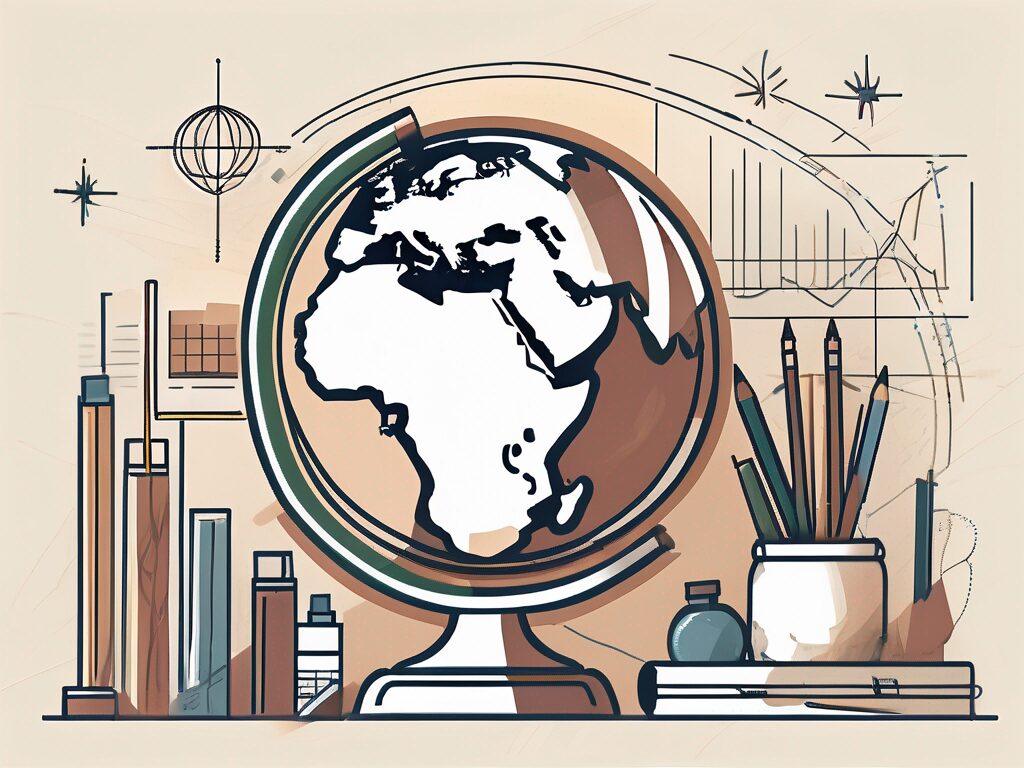The United Arab Emirates (UAE) is a vibrant, multicultural nation that has become a popular destination for international educators. However, teaching in the UAE can present unique challenges that can be quite different from those experienced in other countries. In this comprehensive exploration, we’ll delve into the various issues that international teachers may encounter while working in this fascinating part of the world.
Cultural Differences
The UAE is a country steeped in tradition and cultural norms that may be unfamiliar to those from Western countries. This can present a challenge for international teachers, who must navigate these cultural differences while also maintaining a productive learning environment.
For example, the concept of time in the UAE can be quite different from Western norms. In the UAE, it’s not uncommon for meetings or classes to start late, or for interruptions to occur during scheduled activities. This can be a source of frustration for teachers accustomed to strict schedules and punctuality.
Additionally, the role of women in UAE society can be a point of cultural friction. While the UAE is more progressive than some of its neighbours, there are still distinct gender roles and expectations that can impact the classroom environment. Female teachers, in particular, may find these cultural norms challenging to navigate.
Language Barriers
While English is widely spoken in the UAE, it’s not the first language for many students. This can create communication challenges in the classroom. Teachers may need to adjust their teaching methods to ensure that all students can understand the material.
Moreover, teachers may also face difficulties in communicating with parents or school administrators who are not fluent in English. This can make it challenging to discuss a student’s progress or address any issues that may arise.
On the flip side, teaching in the UAE can be an excellent opportunity for teachers to learn a new language. Arabic is the official language of the UAE, and picking up a few phrases can go a long way in building rapport with students and their families.
Adjusting to the Education System
The education system in the UAE can be quite different from what international teachers are used to. The UAE follows a national curriculum that is heavily focused on rote learning and memorisation, which can be a stark contrast to more interactive and discussion-based learning methods common in Western countries.
Furthermore, the UAE places a strong emphasis on subjects like mathematics and science, while subjects like arts and humanities may not receive as much attention. This can be a challenge for teachers who are passionate about these subjects and wish to incorporate them into their teaching.
Lastly, the grading system in the UAE may also be different from what teachers are accustomed to. Understanding these differences and adjusting teaching methods accordingly can be a significant challenge for international teachers.
Living Conditions and Lifestyle
While the UAE offers a high standard of living, adapting to the lifestyle can be a challenge for some. The climate, for instance, is extremely hot for most of the year, which can be a shock for those used to cooler climates.
Moreover, the cost of living in the UAE can be high, particularly in cities like Dubai and Abu Dhabi. While teachers are often provided with accommodation, other expenses like dining out, entertainment, and shopping can quickly add up.
Lastly, the UAE has strict laws and regulations that may be unfamiliar to foreigners. For example, public displays of affection are frowned upon, and there are strict laws regarding alcohol consumption. It’s essential for teachers to familiarize themselves with these rules to avoid any legal issues.
Conclusion
Teaching in the UAE can be a rewarding and enriching experience, offering the opportunity to immerse oneself in a new culture and meet students from diverse backgrounds. However, it’s not without its challenges. Cultural differences, language barriers, adapting to a new education system, and adjusting to the lifestyle can all pose significant challenges.
However, with patience, flexibility, and a willingness to learn, these challenges can be overcome. The key is to approach the experience with an open mind and a sense of adventure. After all, teaching internationally is not just about imparting knowledge, but also about learning and growing as an individual.
Take Your Teaching Career to New Heights with IPGCE
Ready to tackle the challenges of teaching internationally and transform them into opportunities for growth? IPGCE is here to support your journey towards becoming a globally competent educator. With our International Postgraduate Certificate in Education, you’ll not only meet the stringent qualification requirements of international schools but also enhance your career progression, connect with a vibrant professional community, and gain a deep understanding of global education systems. Embrace the flexibility of our online study options and join the ranks of satisfied educators who have seen a significant impact on their careers. Don’t let inadequate credentials or isolation hold you back. Join the UK’s #1 Teacher Training Course today and start your transformation.

